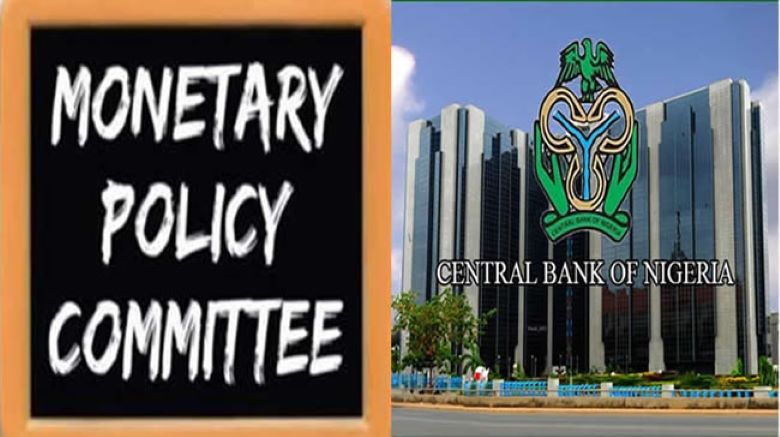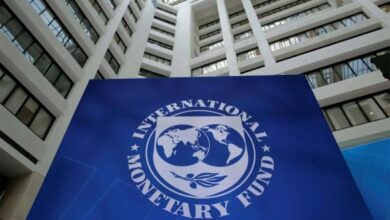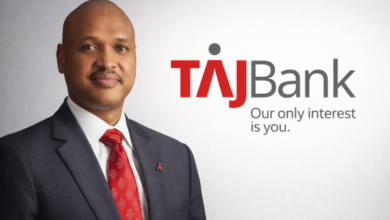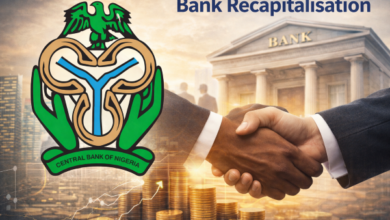Again, CBN fails to hold MPC meeting
 Nigerians received with surprise on Monday, news that the Central Bank of Nigeria (CBN) had deferred the bi-monthly Monetary Policy Committee, MPC, meeting for the second consecutive time.
Nigerians received with surprise on Monday, news that the Central Bank of Nigeria (CBN) had deferred the bi-monthly Monetary Policy Committee, MPC, meeting for the second consecutive time.
This is coming at a time that Nigerians are tackling the harsh impact of the rising inflation rate and depreciation of the naira, anxiety over the direction of the economy.
In a statement announcing the deferment, in September, the CBN’s Director, Corporate Communication Department, CBN, Dr. Isa AbdulMumin, stated: “The Monetary Policy Committee (MPC) of the Central Bank of Nigeria (CBN) has deferred its 293rd meeting scheduled for Monday and Tuesday, September 25 and 26, 2023, respectively. A new date will be communicated in due course. We regret any inconvenience this change may cause our stakeholders and the general public.”
BRANDPOWER reports that Traditionally, the MPC committee meets every two months, except otherwise decided, in the event of an emergency compromise. The meeting of the committee slated for September 25th and 26th was, however, deferred by the CBN, apparently due to change in the leadership of the bank.
The MPC is mandated to: “Review economic and financial conditions in the economy; Determine appropriate stance of policy in the short to medium term; Review regularly, the CBN monetary policy framework and adopt changes when necessary; Communicate monetary/financial policy decisions effectively to the public and ensure the credibility of the model of transmission mechanism of monetary policy.”
With the upward trend in the inflation rate which persisted in October, rising to 27.33 per cent, and continued naira depreciation, financial market analysts, investors and other economic players looked forward to major policy decisions on the economy at the November meeting of the MPC which by tradition should have held yesterday.
But the meeting did not hold and there was no official statement or explanation from the CBN.
Financial sector operators, investors and economists said this development impedes critical investment decisions as it increases uncertainty and risk in the economy.












